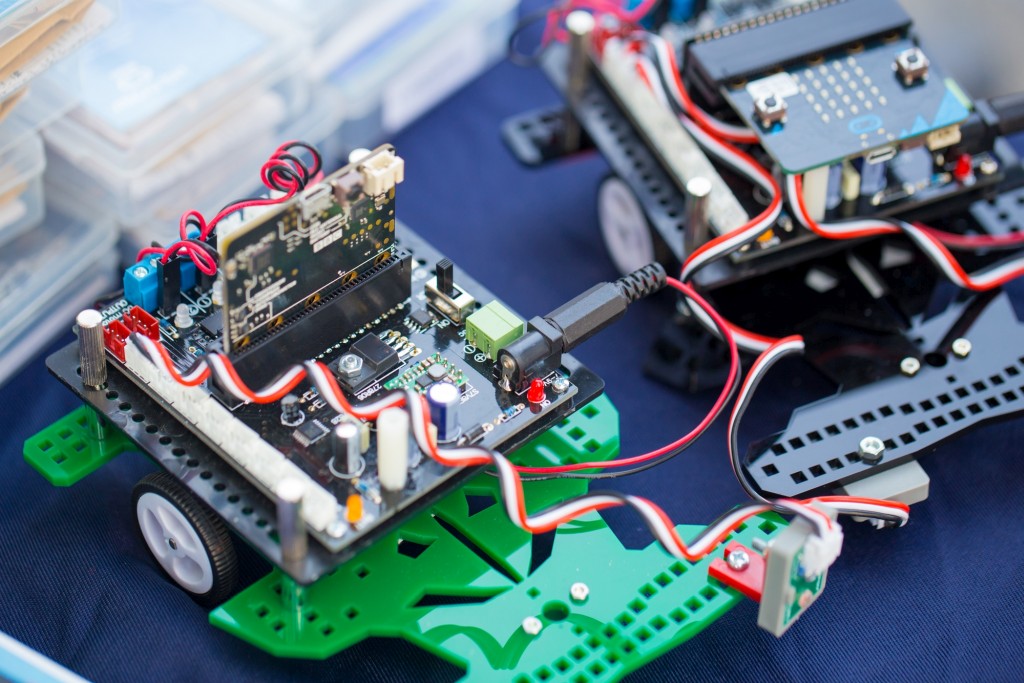
In the world of appliances, there is often a debate about the classification of certain devices. One such debate revolves around the question, Is a fridge an electronic? This question might seem straightforward, but it is layered with complexities that require a deeper understanding of the terms 'electronic' and 'electrical'. This article aims to dissect this question, providing a comprehensive and professional perspective on the subject.
The first step in answering this question is understanding the difference between 'electronic' and 'electrical'. In layman's terms, an electrical device is any device that uses electricity to function. On the other hand, an electronic device not only uses electricity but also manipulates the electrical current in some way to perform its function. This manipulation often involves controlling the flow of electrons using semiconductors.
So, where does a fridge fall in this classification?
A refrigerator, at its core, is an electrical appliance. It uses electricity to power its motor, which in turn drives the compressor to circulate refrigerant through the cooling system. However, modern refrigerators have evolved beyond this basic functionality.
Today's fridges come equipped with advanced features like digital temperature controls, automatic defrost, ice makers, and even Wi-Fi connectivity. These features are controlled by electronic components like sensors, microcontrollers, and circuits that manipulate the electrical current to perform specific tasks. Therefore, it can be argued that a modern refrigerator is indeed an electronic device.
However, it's important to note that the primary function of a fridge - to cool and preserve food - is achieved through electrical means. The electronic components merely enhance this primary function and provide additional features for convenience.
So, is a fridge an electronic? The answer is both yes and no. It is an electrical appliance at its core, but the presence of electronic components in modern fridges also classifies it as an electronic device.
This classification is not just a matter of semantics. It has practical implications, especially when it comes to repair and maintenance. Electrical components in a fridge, like the motor and compressor, require different maintenance and repair techniques compared to the electronic components like sensors and circuits. Understanding this distinction can help you better maintain your fridge and extend its lifespan.
In conclusion, the question Is a fridge an electronic? is more complex than it appears. While a fridge is fundamentally an electrical appliance, the presence of electronic components in modern fridges blurs this classification. As technology continues to evolve, we can expect this line to become even more blurred, with more appliances incorporating electronic components to enhance their functionality.

